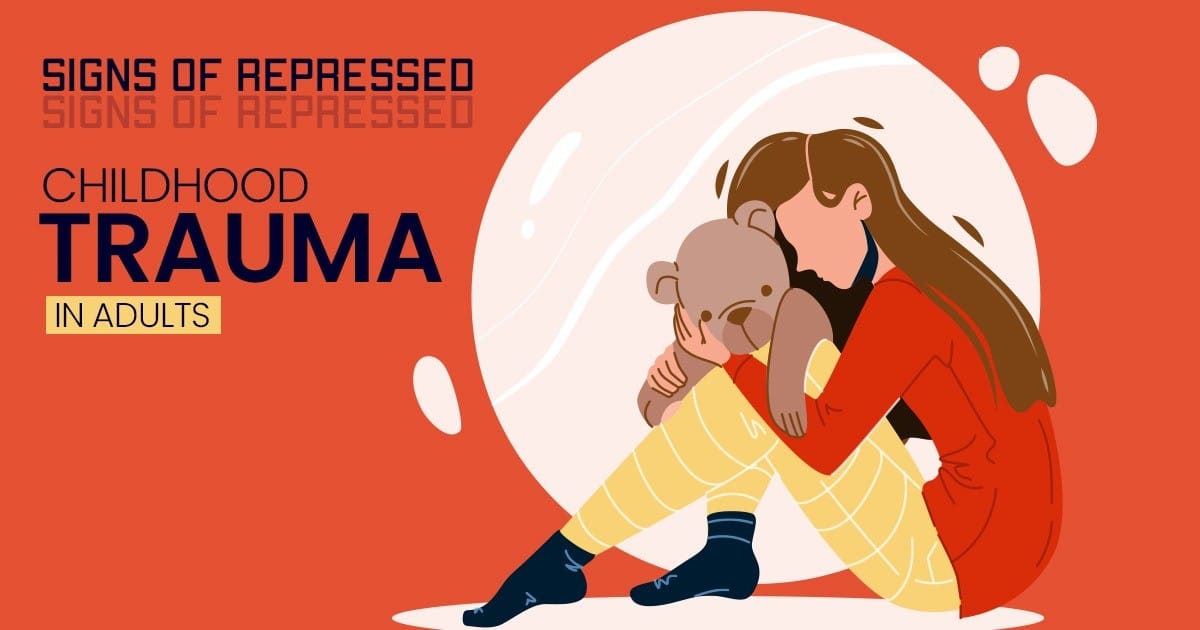
Difficulty controlling emotions and managing anger.Īs a child, you didn’t have the ability to filter events through the lens of better judgment, education, and healthy boundaries.Panic and anxiety attacks in certain situations.Emotions bubbling up to the point of exhaustion.Getting into repeated cycles of codependent relationships as an adult.Intense fear of abandonment or unhealthy attachment in relationships.Noticing repeated patterns of negative behaviors.Finding it hard to cope with certain experiences sensibly (fight-or-flight response).Feeling alarmed by some people and not feeling safe around them.Strong and uncanny reaction to certain sights, smells, and places.Struggling to act like an adult in stressful and demanding situations.Other symptoms of childhood trauma in adults may also include: It’s not uncommon for adults with childhood trauma to have a disintegrated sense of self-esteem and identity. What If I Believe I Have Repressed Memory?.Eye Movement Desensitization and Reprocessing Trauma-Focused Cognitive Behavioral Therapy Dealing with Childhood Trauma As an Adult.Why Do We Forget Childhood Trauma? – Possible Explanations.


Lynn SJ, Malakataris A, Condon L, Maxwell R, Cleere C. Is past life regression therapy ethical? J Med Ethics Hist Med.
Hypnosis, suggestion, and suggestibility: an integrative model.

Defining hypnosis: an integrative, multi-factor conceptualization. Retrieving and modifying traumatic memories: Recent research relevant to three controversies. Springer International Publishing 2017:229-248. In: Vermetten E, Baker DG, Risbrough VB, eds.
#Signs of repressed childhood trauma in adults update
The dissociative subtype of post-traumatic stress disorder: research update on clinical and neurobiological features. “As time went on, I just forgot about it”: Thematic analysis of spontaneous disclosures of recovered memories of childhood sexual abuse. MacIntosh HB, Fletcher K, Collin-Vézina D.


 0 kommentar(er)
0 kommentar(er)
